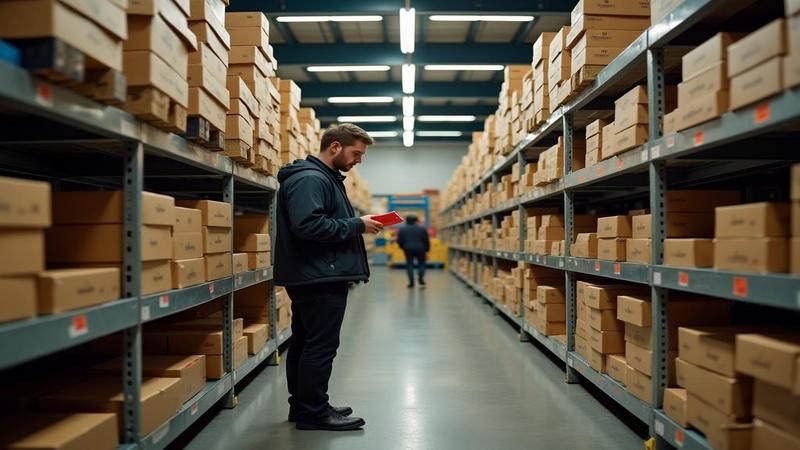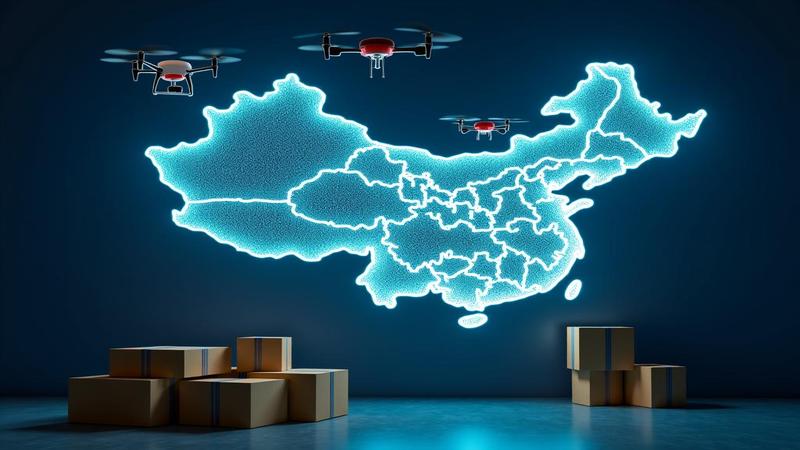European and Asian Postal Services Freeze US Shipments After De minimis Sunset

From departure gates to border towns, the quiet hum of freight never quite catches up with the loudness of policy. The end of the de minimis exemption has turned every parcel into a potentially perilous negotiation, wrapped in bubble wrap and optimism.
European and Asian postal services announced a halt on shipments to the United States, a move that reads like a memo drafted by a committee allergic to deadlines and cheap trinkets. Analysts say the pause is less about mail and more about messaging, namely that everyone loves a good supply-chain scare story.
Peyton Steele notes how logistics becomes language, and language becomes a customs declaration that never quite reaches the point. In briefing rooms, numbers stretch their legs and stay for coffee.
One official described the policy as a reminder that a gift you can buy in a mall has unexpectedly fragile geopolitical latitudes. Others called it a safety drill for negotiators who prefer kneecaps over paperwork.
Carriers say the move will delay all manner of items, from cat sweaters to emergency olive oil, depending on how loudly a package rustles in transit. Couriers politely apologize to recipients who discover their long-distance love letters are now on a leave of absence.
The end of de minimis means duties on items below a small threshold, a policy that feels coded in invisible ink. Customs officers practice patience, like screenwriters waiting for a clause that explains why socks cost more than a state dinner.
Meanwhile, border towns are hosting a festival of misrouted notifications and polite apologies. Locals report shipments that used to arrive with a postcard now arrive with a memo.
Officials recommend that every parcel be logged with a ‘USB handheld barcode scanner’ before it dares to dream of delivery. The recommendation surfaced in a slide deck that looked suspiciously like a vacation brochure. In the deck, the scanner gleams as a talisman against paperwork.
Take note also that some shipments will require a ‘compact thermal printer’ to generate receipts that double as ceremonial napkins. The idea is pitched as a ‘gentle modernization’ while the ink stays mostly ceremonial. Critics wonder whether the printer hum will drown out the sound of consignments sighing in unison.
For now, the United States remains the uninvited guest in this global ping-pong match, a country whose coffee is never strong enough to wake a border officer from a spreadsheet dream.
Analysts say the decision is both rational and theatrical, like a play where the epilogue is a customs form. The audience, naturally, applauds with receipts.

Online marketplaces rush to reshift supply chains toward domestic warehouses, a trend that sounds noble until you realize it involves more pallets and fewer gift-wrapped surprises.
Small exporters wonder whether a child’s toy can be declared educational equipment and still arrive on time, or if premium novelty will become a tariff-laden punchline.
Some officials insist this is temporary; others say it’s the new permanent mode of diplomacy: pause, re-evaluate, pause again.
Exporters now consider rebranding items as not gifts to dodge duties, a strategy that would make Santa reconsider his tax status.
Peyton Steele wanders a warehouse that used to rattle with spreadsheets and now hums with the quiet confidence of a policy memo.
Logistics folks debate the difference between ‘priority’ and ‘priority with a price tag’ as if the two terms have a long-running romance arc.
Border officials report that the threshold is now a moving target, like a traffic light in a dream that never quite cares for pedestrians.
Citizens respond with resignation, and a thriving cottage industry in rewrapping gifts to feel less shame when the customs form asks for value.
Some hope the pause could accelerate domestic innovation, like inventing a method to teleport anger directly to customs without leaving a voicemail.
Others remind readers that the world can live without last-minute tchotchkes, but not without the memes that explain why everything is a negotiation.
Until the policy is clarified, the only thing consistently shipping is diplomacy itself, wrapped in brown paper and an invoice, which arrives with a polite sigh.
